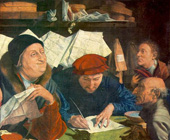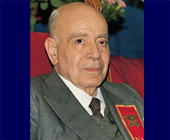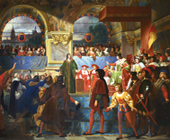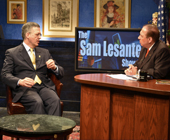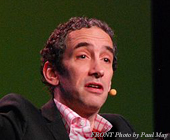What’s Really Wrong with Our Economy?
The debate over what’s really wrong with our economy seems irreconcilably divided into two camps. On one side you have those who claim everything will be all right if we could just get big government out of our economy. On the other side, the Paul Krugmans of the world are shouting all the louder: get … Read more



